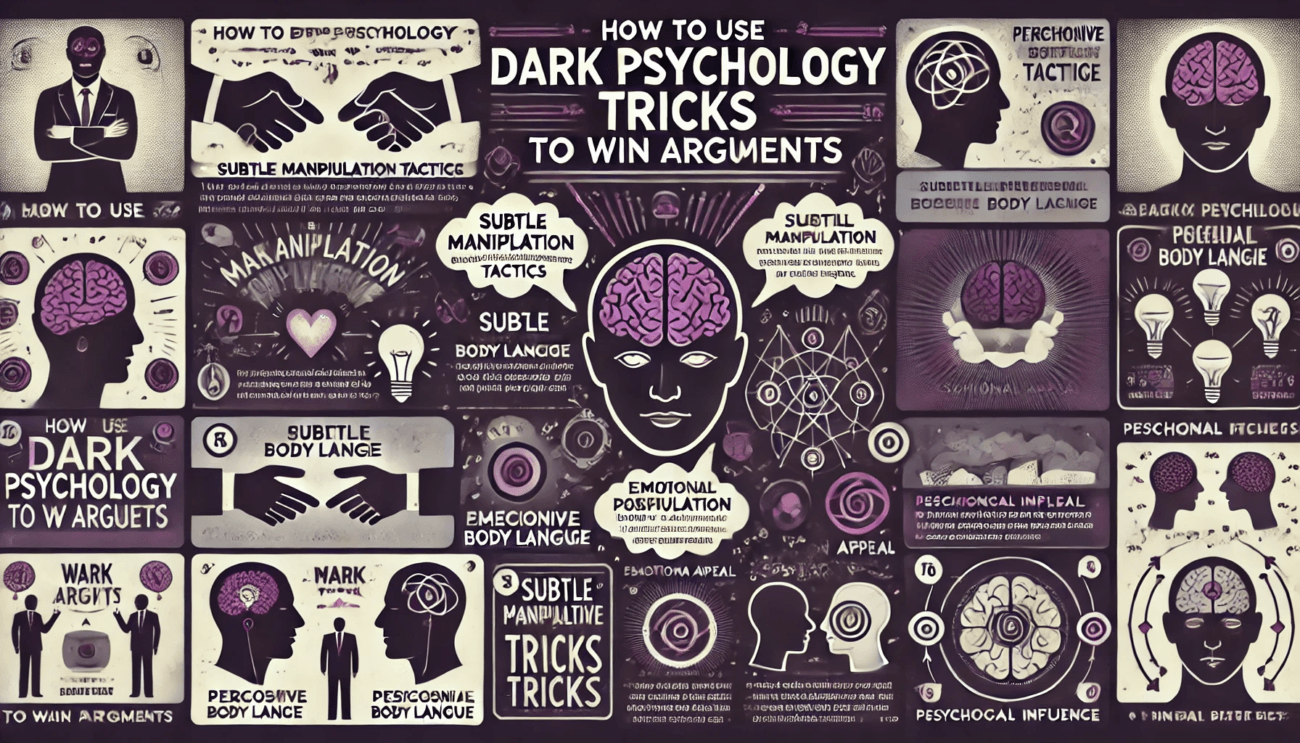Estimated read-time: 8 minutes
Why “Manipulation” and “Motivation” Are the Same Trick With Two Labels
When people hear the word manipulation, they picture dark rooms, covert earpieces, and sinister schemes. Swap that word for motivation, however, and suddenly we’re talking about pep-talks, coaches, and inspirational posters. Same coin, different side.
Professional intelligence officers study this overlap because every human act—whether buying a latte or leaking state secrets—sits on a single fulcrum: self-preservation. Think of the familiar airline safety briefing: you’re told to put on your own oxygen mask before helping a child. You obey without protest because the instruction aligns with your core survival wiring. That wiring is precisely what a skilled operator tunes into—sometimes to lift you up, sometimes to nudge you where you never planned to go.
The RICE Method: Four Buttons That Drive Every Decision

Early in tradecraft training, recruits learn a deceptively simple acronym—RICE—that predicts why people do what they do. Master these four motivators and you hold a skeleton key to human behavior.
| RICE Trigger | What It Looks Like in Real Life | Why It Works |
| Reward | Cash bonuses, career upgrades, public praise, even “more screen time.” | The brain loves dopamine. Promise a reward and you create forward momentum. |
| Ideology | Religious convictions, political beliefs, personal moral codes. | People will walk through fire to stay congruent with their worldview. |
| Coercion | Blackmail, social shame, fear of losing something valuable. | Threaten core needs and you force knee-jerk action. |
| Ego | Prestige, reputation, the story we tell ourselves about who we are. | We defend self-image with surprising ferocity; stroke it and doors swing open. |
Notice how money appears just once—as a subset of Reward. Operators know that waving cash is often the least efficient way to sway someone; a well-timed compliment to Ego or an appeal to Ideology can be cheaper, faster, and more permanent.
Conversation Control: Ask, Don’t Tell

True control in a dialogue doesn’t come from dominating the airtime; it comes from steering with questions. Each question acts like a train switch, locking the rails so the other party’s thoughts travel exactly where you want them.
- Open-ended probes (“What led you to that decision?”) let targets reveal motivation in their own words—gold for later leverage.
- Closed-ended checks (“Did you sign the form today?”) box them into clear yes/no commitments.
- Echo questions repeat a key phrase they just used, compelling them to elaborate and—unknowingly—confirm your framing.
Every answer they supply becomes a brick in the psychological profile you’re building. Meanwhile, you speak less, listen more, and appear effortlessly charismatic.
Practice drill: Spend one coffee break today speaking only in questions. Observe how quickly you guide the conversation without a single command.
Sense-Making in Three Phases: Avoidance → Competition → Compliance
Humans unconsciously test new relationships through a predictable sense-making cycle:
- Avoidance – The default reflex to keep distance from unknowns. Think of the micro-hesitation before you answer a stranger’s knock.
- Competition – A subtle dance to establish rank. Jokes, credentials, or playful challenges surface here.
- Compliance – Only after the first two steps resolve does genuine cooperation emerge. Now the door is open for secrets, money, or a marriage proposal—whatever ask you’ve prepared.
Most amateurs quit in phase one (“They ghosted me; guess they’re not interested”). Professionals push calmly through Avoidance with empathy, ride out Competition without ego, and arrive at Compliance while others are still wondering why their calls aren’t returned.
Rapport Is an Investment, Not a Warm Hug
Popular culture treats rapport as fuzzy goodwill. In ops reality, rapport equals strategic credit: you bank small, consistent interactions so that when a high-stakes ask surfaces, the target feels the relationship is worth the risk. Think of it as filling a bottle drop by drop; skip deposits and you’ll find nothing to pour when urgency strikes.
This perspective reframes everyday networking. A lunchtime compliment, a remembered birthday text, even a respectful debate during the Competition phase—all are deposits. Layer them, and when the moment comes to request a confidential document or a life-changing favor, compliance arrives like water finding the path of least resistance.
Putting It All Together: Your Ethical Influence Toolkit
- Diagnose RICE first. Before you pitch, listen for cues that reveal which motivator is dominant.
- Question-steer the narrative. Use open-ended and echo techniques to let the target write their own roadmap.
- Respect the sense-making timeline. Don’t yank someone from Avoidance to Compliance; pace the dance.
- Bank rapport relentlessly. Small gestures today fund major moves tomorrow.
- Stay on the bright side. Influence becomes manipulation only when intent turns predatory. Aim to align interests, not exploit them.
Final Briefing
Spy psychology isn’t magic; it’s structured empathy backed by disciplined communication. Master the RICE motivators, wield questions like a conductor’s baton, and honor the invisible timeline from Avoidance to Compliance. Do it well, and you’ll motivate allies, negotiate like a diplomat, and—when absolutely necessary—outmaneuver adversaries who never realized they were playing your game.
Ready to sharpen your edge? Bookmark this guide, practice the drills, and return whenever you need a refresher. Remember: the most powerful operative in any room isn’t the loudest voice. It’s the mind that knows exactly which string to pull—and when to pull it.






